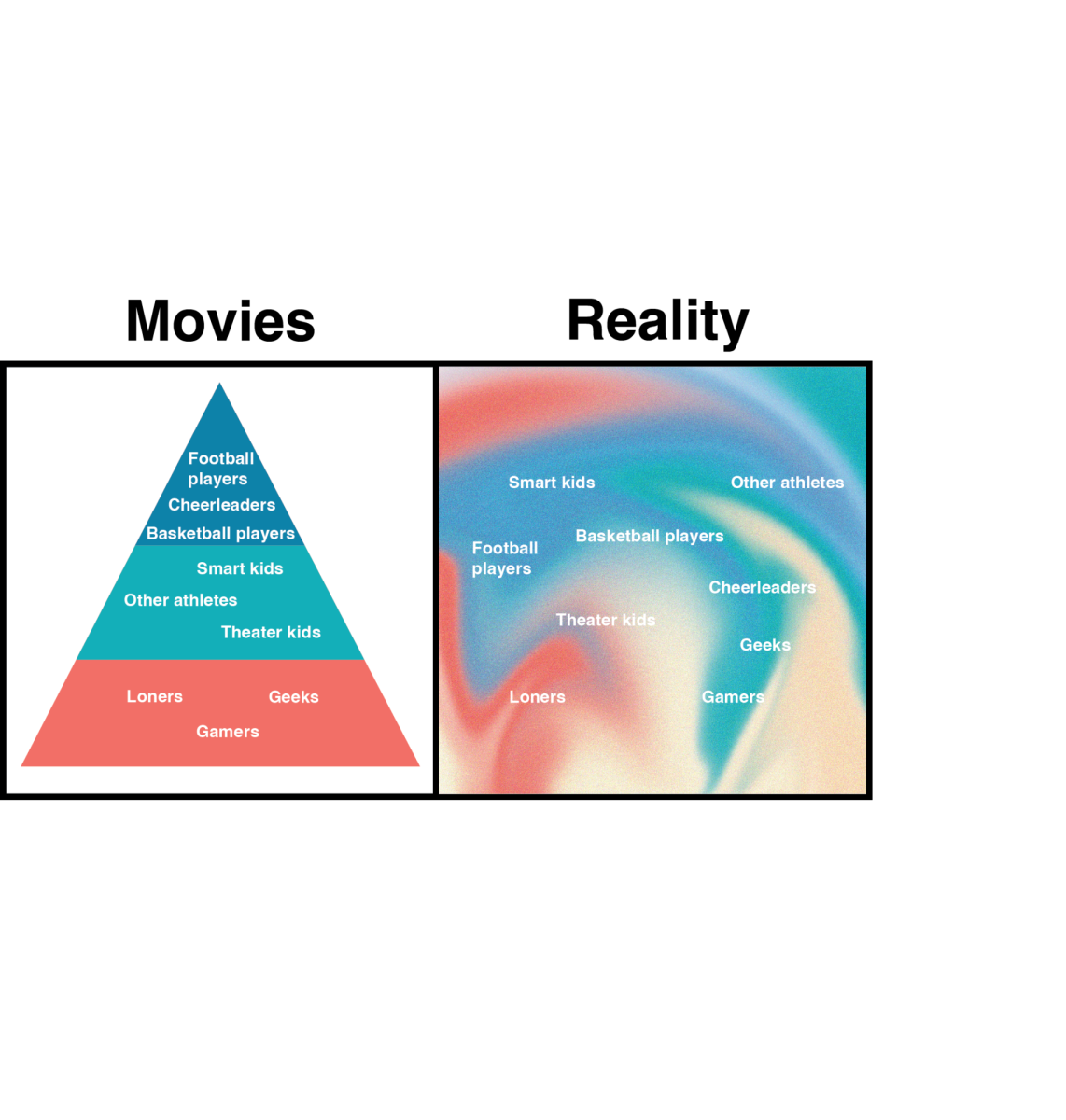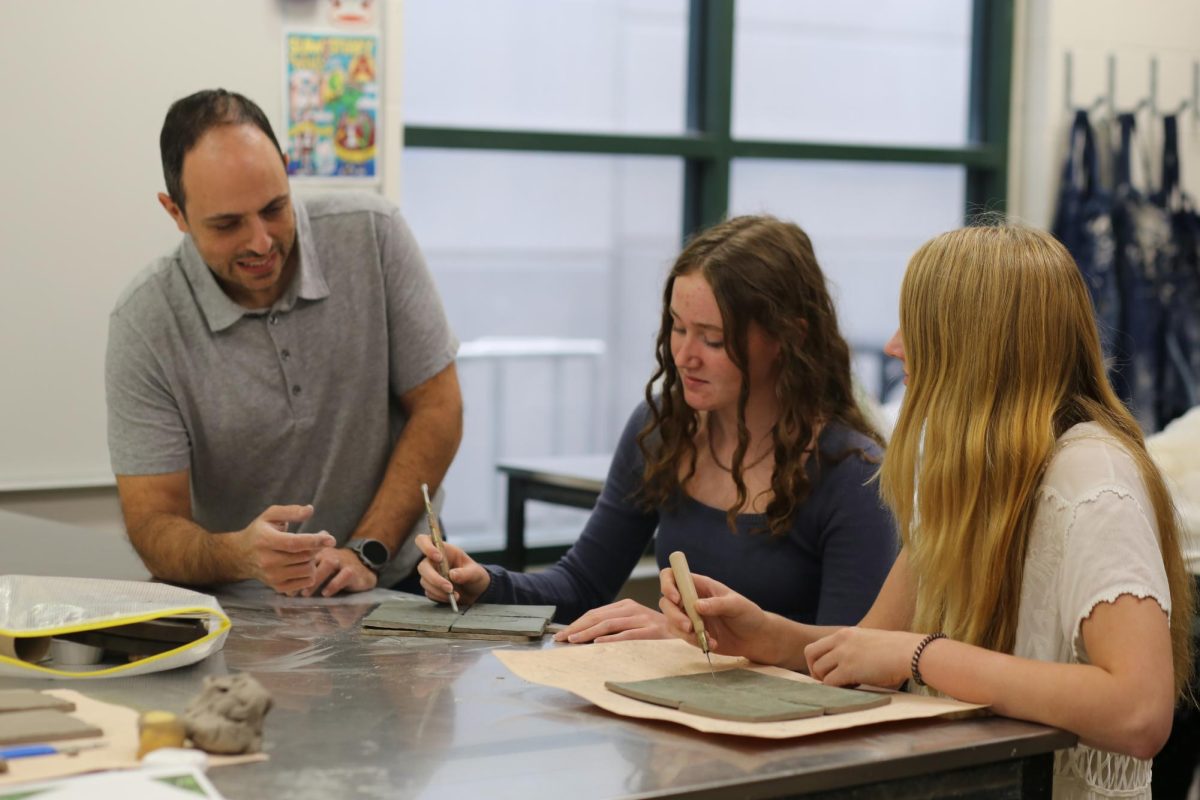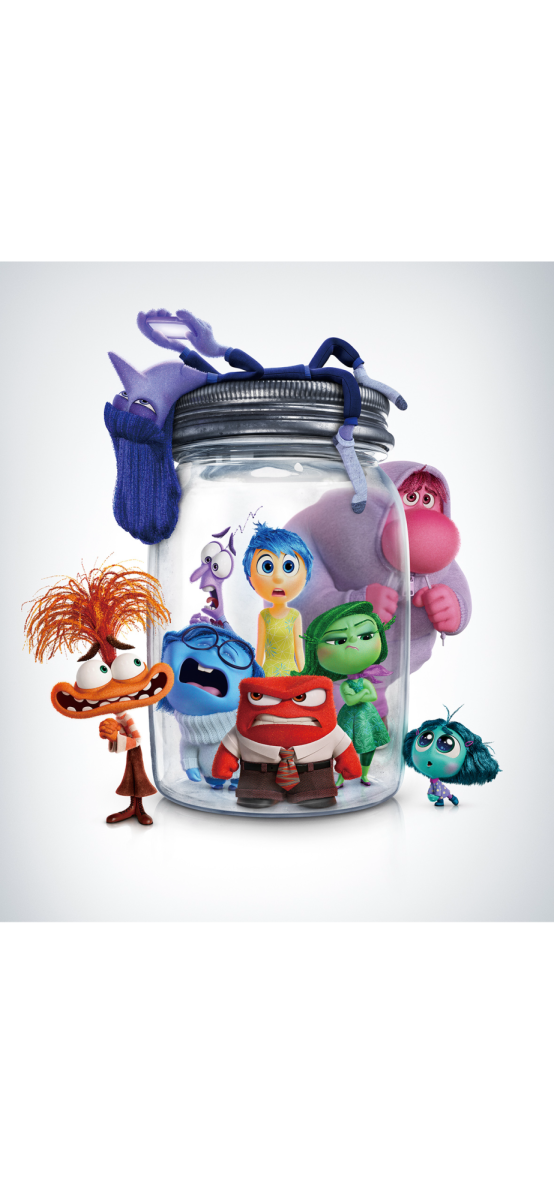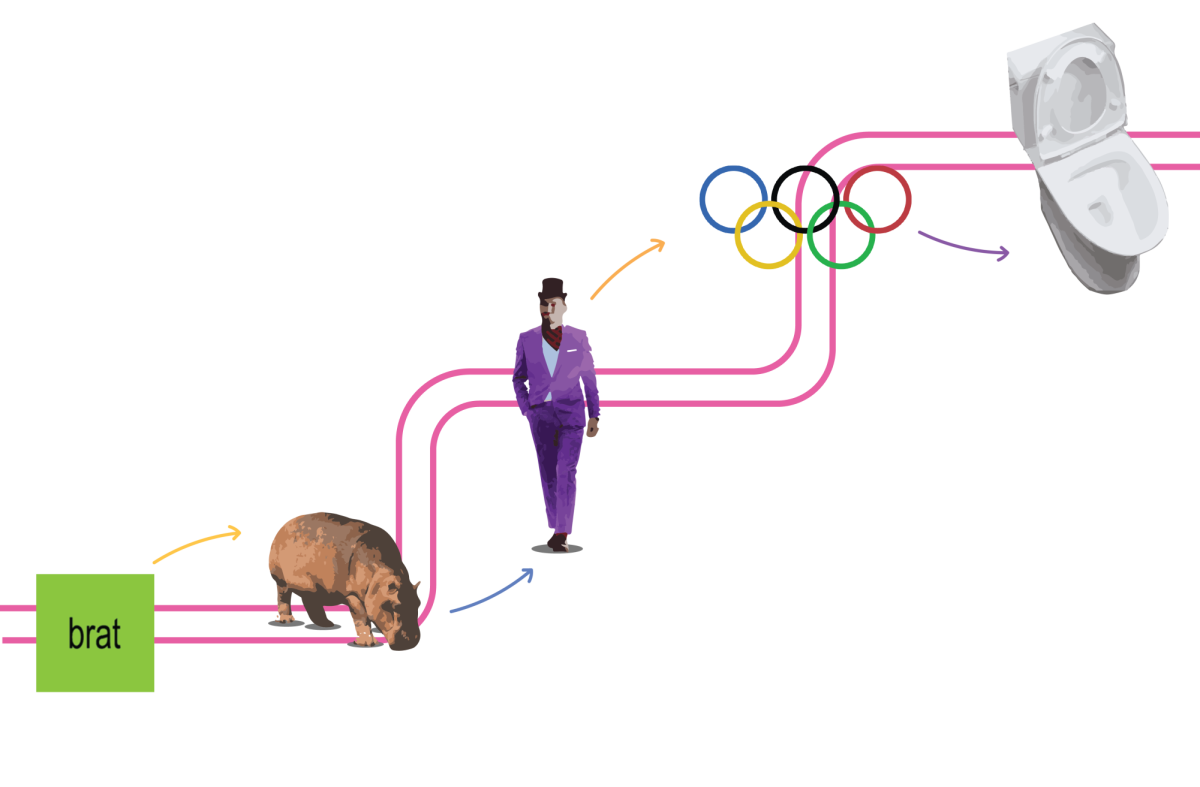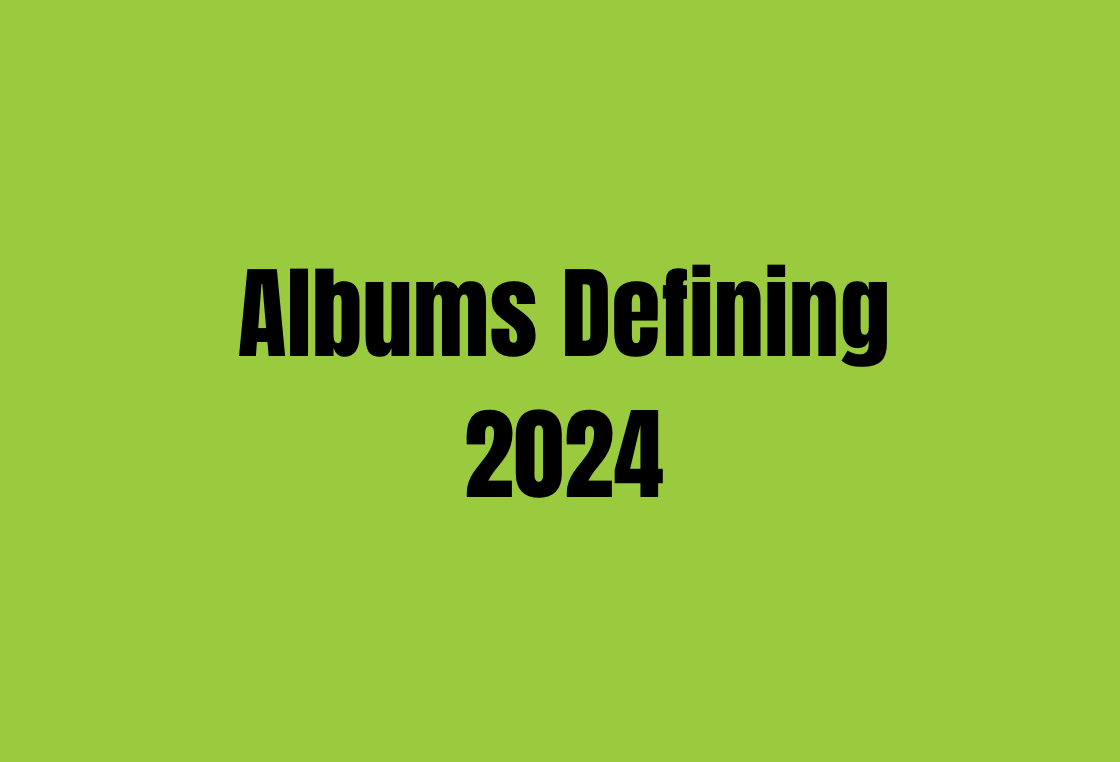When I was a child, every Friday night was family game night at my house. We would play games like Clue, Monopoly and card games of all sorts. No matter how many times I would ask to watch a movie, my parents told me that staring at the TV would hurt my brain, while the games would help it. As reluctant as I was to play the games sometimes, I now realized how much my parents were right. The games that my parents taught me as a child all had some sort of purpose, and even though I didn’t like to do a lot of thinking at the end of the school week, the thinking that the games required me to do helped a lot later down the road.
All sorts of games can benefit people’s minds. While people usually think that the mind reaps benefits in purely strategy games, most games can help one’s brain in some way without people realizing it.
Chess is one of the first games that comes to mind when one thinks of games and intelligence, and rightfully so. Several studies have shown that chess can, in fact, significantly raise a person’s IQ. But the benefits that chess brings go beyond doing just that. Chess has also been seen as a way that a person can reduce the risk of having Alzheimer’s in the future. It pushes a person’s mind to work beyond the amount that it does normally so that it can be more functional when it becomes older and more worn out. Similarly to how a person exercises and eats healthy foods in order to keep one’s body in shape down the road, a person can play chess in order to keep their brain healthy. Chess can also improve someone’s concentration because of the amount of focusing that is required to play the game. With all of the technology surrounding society today, people’s attention spans have been decreasing, which makes a game like chess even more important.
However, there are several other games that can help someone’s mind that people don’t usually think of, such as Monopoly. Unlike chess, which is based solely on strategy, Monopoly incorporates both strategy and luck. Monopoly forces its players to strategically deal with things such as money management and negotiations while still leaving them at the mercy of the dice. In doing so, it teaches players the concept that sometimes in life, one can just get extremely lucky or unlucky, but he or she will have to work with the hand they’re dealt. Regardless of how much control we think we have over something, there are just some things that are out of our hands, and this lack of control can make our lives to change dramatically at any given moment. Monopoly gives people the opportunity to learn this concept without putting them in the real world with real things at risk.
“When I was little and would play Monopoly, I just tried to buy everything because I thought that was the best way to go,” junior Rakhi Patel said. “Now that I’m older, I appreciate the real-life application that the game presents and I’m much more careful when I decide to play it.”
Other games that go beyond just critical thinking and problem solving are games such as Scrabble and Boggle, which make people more word smart. When games like these are played in big groups, players are able to learn new words while teaching their competitors words that they previously knew. The idea of finding words out of a handful of letters can even lead to discovering the existence of a word that may not even seem real. When players attempt to make a word out of potential desperation for points, they could make an uncommonly used word that they didn’t know existed, but in doing so, they expand their vocabulary. On top of learning new words, these games, specifically Scrabble, have elements of strategy incorporated into them, thus improving people’s thinking skills.
“I didn’t realize how much games like Scrabble helped me until I took the SAT,” junior Rakhi Patel said. “A few words of the vocabulary section were definitely words that I learned playing that game.”
Sitting and playing a game can lead to more benefits than people may think. From preventing diseases to teaching new vocabulary, there’s almost nothing that playing games can’t do to help someone’s brain. So the next time you want to have a family movie night, suggest that there is a world of games ready to help you if you let them.




